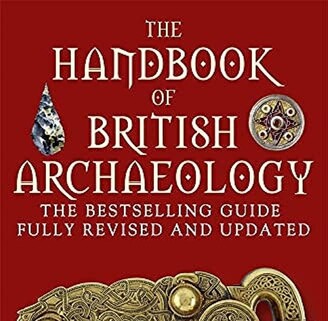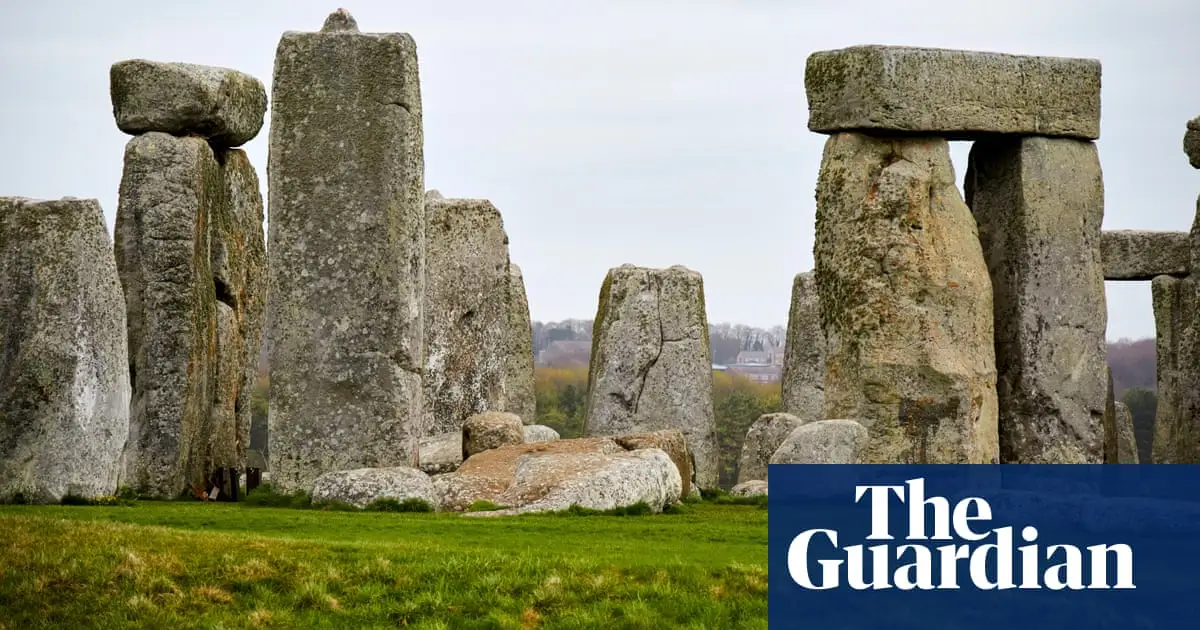"The plot has thickened on the mystery of the altar stone of Stonehenge, weeks after geologists sensationally revealed that the huge neolithic rock had been transported hundreds of miles to Wiltshire from the very north of Scotland.
That discovery, described as “jaw-dropping” by one of the scientists involved, established definitively that the six-tonne megalith had not been brought from Wales, as had long been believed, but came from sandstone deposits in an area encompassing the isles of Orkney and Shetland and a coastal strip on the north-east Scottish mainland.
Many experts assumed that the most likely place of origin was Orkney, based on the islands’ rich neolithic culture and tradition of monument building.
But a separate academic study has now found that Orkney is not, in fact, the source of the altar stone, meaning the tantalising hunt for its place of origin goes on…"



Curiouser and curiouser. While the Orkneys did seem the obvious first place to look the logistics of getting the altar stone from there to Stonehenge would have been quite something. Dragging it from near Inverness is challenging enough but that would have been orders of magnitude harder.
Previously:
Once you start accepting, people of the time could move such stones 100miles. (Seems undeniably atm)
Then it really is more about motive then distance. The same techniques work. It is just keeping an interested workforce that is questionable.
If you then add the things religion mangaged later in time. Its hard to argue that early beliefs would not be as motivational.
Overland. Getting a large stone from the Orkneys to the mainland would have been a considerable undertaking requiring a whole raft of new techniques (pun intended).
Not really. People travelled. So they understood the dynamics of boating. Even if simple rafts were the best the achieved (evidence indicates the latest stones were moved 5 to 2.5k BC. So well beyond rafts were likely).
Getting heavy stone onto a raft is no harder than moving over rough dry land. And pulling a loaded raft from a beach into the point it floats is just a case of person power. We know arming was widespread towards the end of that timeline. So oxen likely helped.